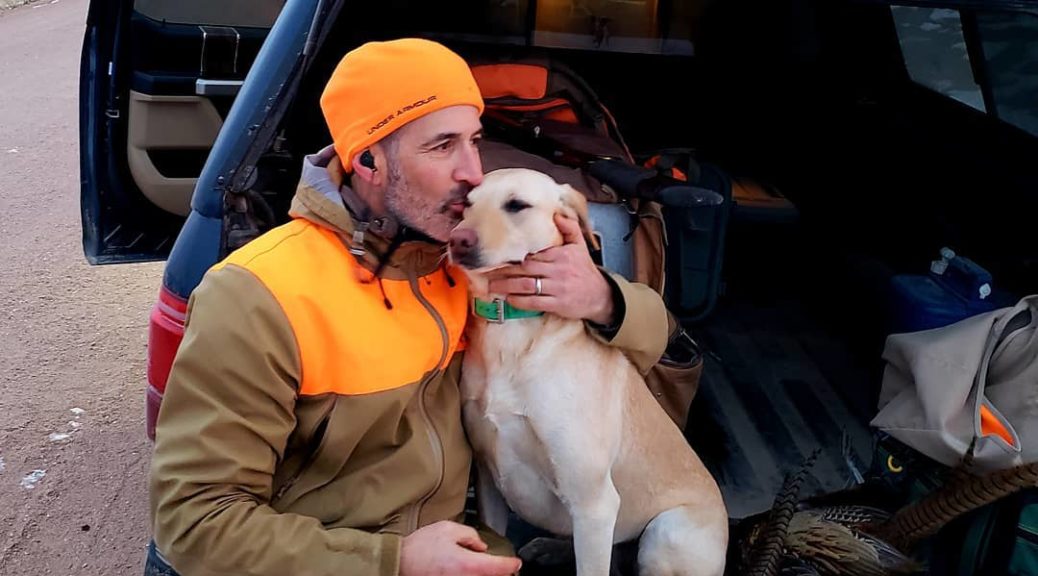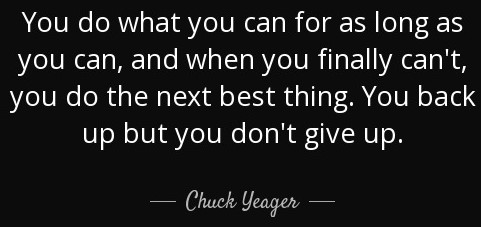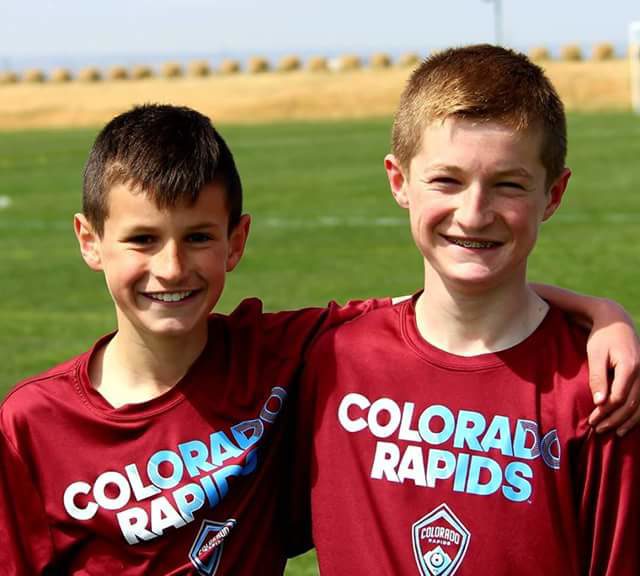I read that the lights go on for most bird dogs at age three. Obedience training is solidified, and the unbreakable connection between the owner and the dog is established. Additionally, the dog demonstrates discipline and focus, despite the many distractions going on around them.
Echo and I entered the 2018/2019 upland bird season having spent nearly twenty-five days in the field in the during the preceding two seasons. I have shot close to seventy-five wild roosters over my lab during this time frame. Echo’s prey drive is high, and her enthusiasm when we hunt together is contagious. Over the summer, leading into the season, we did a lot of bumper work to ensure she remained fit and competent. If the day was too hot to run, we moved our effort to a local lake. While Echo is e-collar conditioned, I reinforced my commands verbally. My hope was that she would continue to evolve without the need for periodic stimulation. Unfortunately, the local game preserve was sold, and our time on birds was reduced to just two afternoons. This surprising situation undermined our off-season training program. Preserve birds allow for the dog to improve their steadiness despite the excitement of live prey. I was not able to do the barbed wire fence work that was one of my off-season objectives. Occasionally, Echo will barrel through an unseen barrier, putting her in a dangerous predicament.
Our first day in the fields of Eastern, Colorado had us in pursuit of pheasants in the corners of newly cut corn circles. The grass was relatively thick despite a recent snowfall. As Greg and I walked west, Echo and her brother Whitley worked both sides of a barbed wire fence. We were just over a mile into our hunt, and the dogs had already flushed a handful of hens. The wind blew hard from the north, and Echo and Whitley started to get birdy. Greg was to my right, and a bit ahead of me when he pointed at the steady dogs. Seconds later the rooster started to fly when he exited the dense cover about twenty yards from my position. My first shot was quick, and behind the bird. I was more composed on my second shot, and my round hit the bird solidly on its left flank. Echo retrieved the dead pheasant, and like that, our season was underway.
Echo and I would navigate around an early season injury to her foot, and enjoy ten days of hunting the uplands. A December shooting slump had me confused and frustrated, but my girl did not quit on me. She approached every field with determination and a commitment to the chase. I love my dog, and I look forward to our future adventures together.



